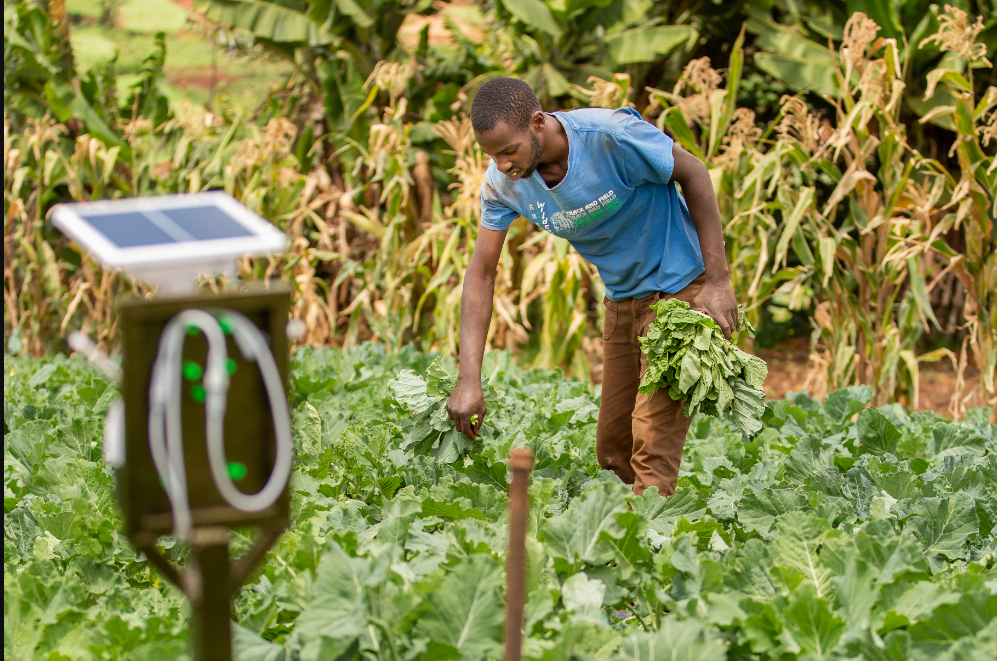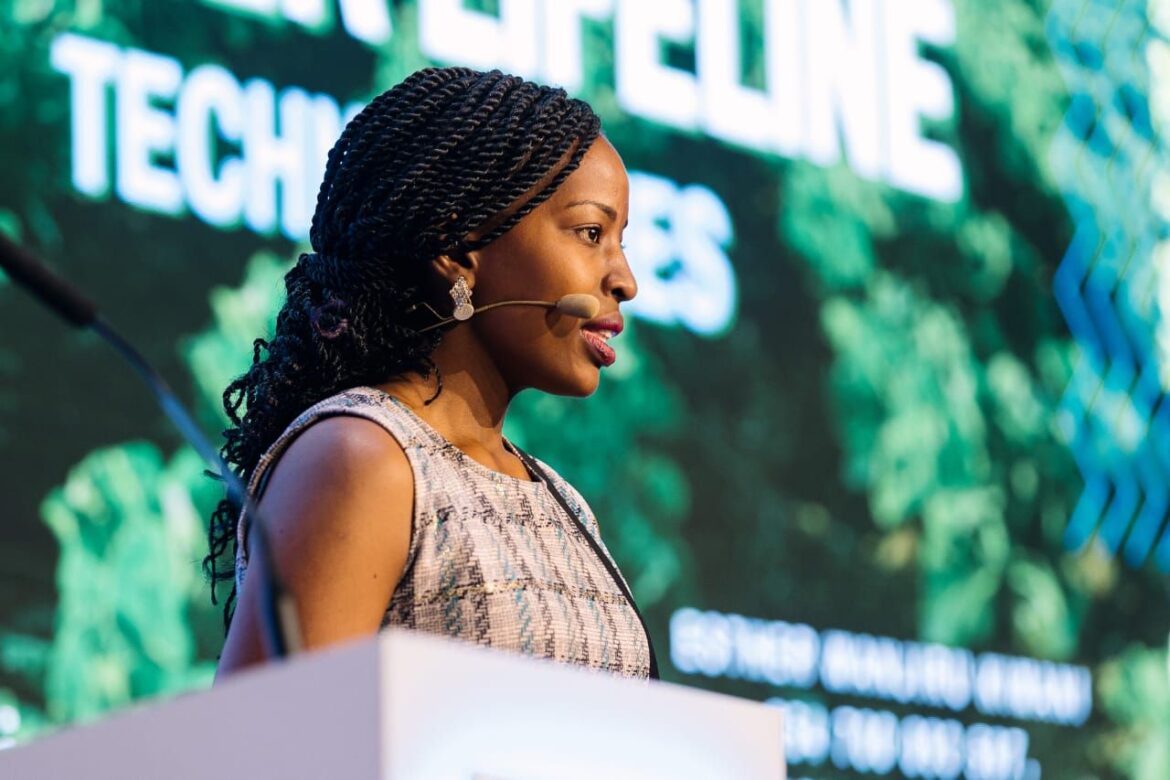Agriculture remains a cornerstone of Africa’s economy, but for millions of smallholder farmers, the threat of pests and diseases is a constant battle, jeopardising their livelihoods and food security. In Kenya, where smallholder farmers lose up to 33% of their crops annually, Esther Wanjiru Kimani experienced the toll these losses take.
Growing up in Nyandarua County, where her parents farmed, Kimani experienced the devastating impact of crop damage caused by pests and pathogens. Determined to find a solution, she combined her expertise in computer programming with her passion for agriculture to create a groundbreaking innovation.
In 2020, Esther Kimani founded Farmer Lifeline Technologies to address one of Africa’s most pressing agricultural challenges through technology that empowers farmers and boosts crop protection.
Crop pests and diseases are a significant issue across the continent. Traditional diagnostic methods are often too expensive or time-consuming for many farmers to access, leading to delayed detection and ineffective control measures. Recognising these challenges, Kimani developed the Early Crop Pest and Disease Detection Device, an affordable and efficient tool revolutionising pest and disease management.
This solar-powered device monitors crops using a high-sensitivity camera, computer vision algorithms, and machine learning capabilities. Positioned on an adjustable stand, it captures images within a 600-metre radius and analyses them in real-time to detect pests, pathogens, or signs of crop disease.
Farmers receive SMS alerts with actionable recommendations within seconds, enabling prompt intervention.
The device addresses other farming challenges in addition to pest detection. Its comprehensive database identifies thousands of pests and pathogens and diagnoses soil nutrient deficiencies. Based on these analyses, it provides tailored suggestions for fertiliser or pesticide use, encouraging sustainable farming practices. As a result, farmers can increase yields by up to 40% and reduce losses by 30%, significantly improving their livelihoods.

One of the device’s standout features is its accessibility. Farmers can lease it for just $3 per month, making it far more affordable than drones or manual inspections. This cost-effective model ensures that even smallholder farmers, who form the backbone of Africa’s economy, can access advanced technology. Since its introduction, 895 devices have been leased, helping farmers monitor their crops effectively and boost productivity.
Kimani’s invention has a broader impact than just on individual farms. Data from the devices feeds into a live-tracking dashboard, alerting government agricultural officers to potential pest outbreaks. That allows for quicker, more targeted interventions, aiding policymakers and enhancing agricultural planning on a larger scale.
Kimani’s innovative work has not gone unnoticed. This year, she was awarded the Africa Prize for Engineering Innovation by the Royal Academy of Engineering, which recognises sustainable solutions addressing Africa’s challenges. The £50,000 prize highlights the great potential of her device, which not only empowers smallholder farmers, particularly women, but also enhances food security across the continent.
By leveraging technology, Esther Kimani is reshaping how Africa tackles agricultural challenges. Her Early Crop Pest and Disease Detection Device empowers farmers to protect crops and boost productivity. With plans to support 250,000 farmers by 2027 and increase agricultural productivity by 45%, Farmer Lifeline Technologies significantly impacts food security and rural communities across Africa.



